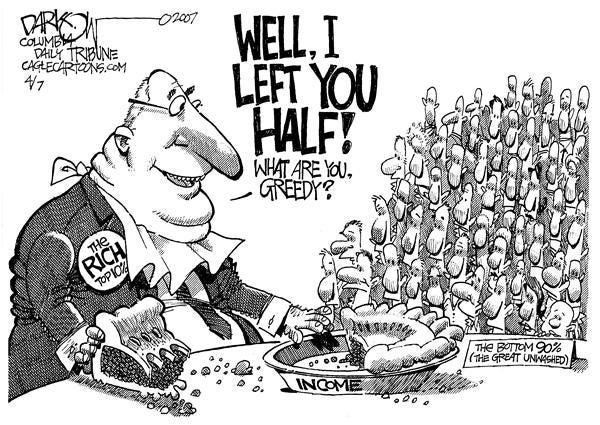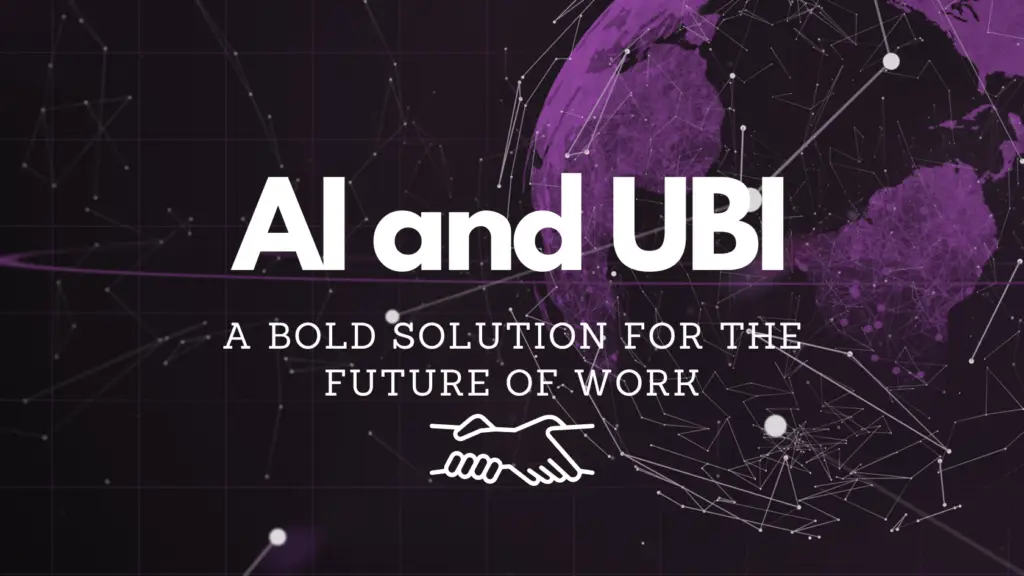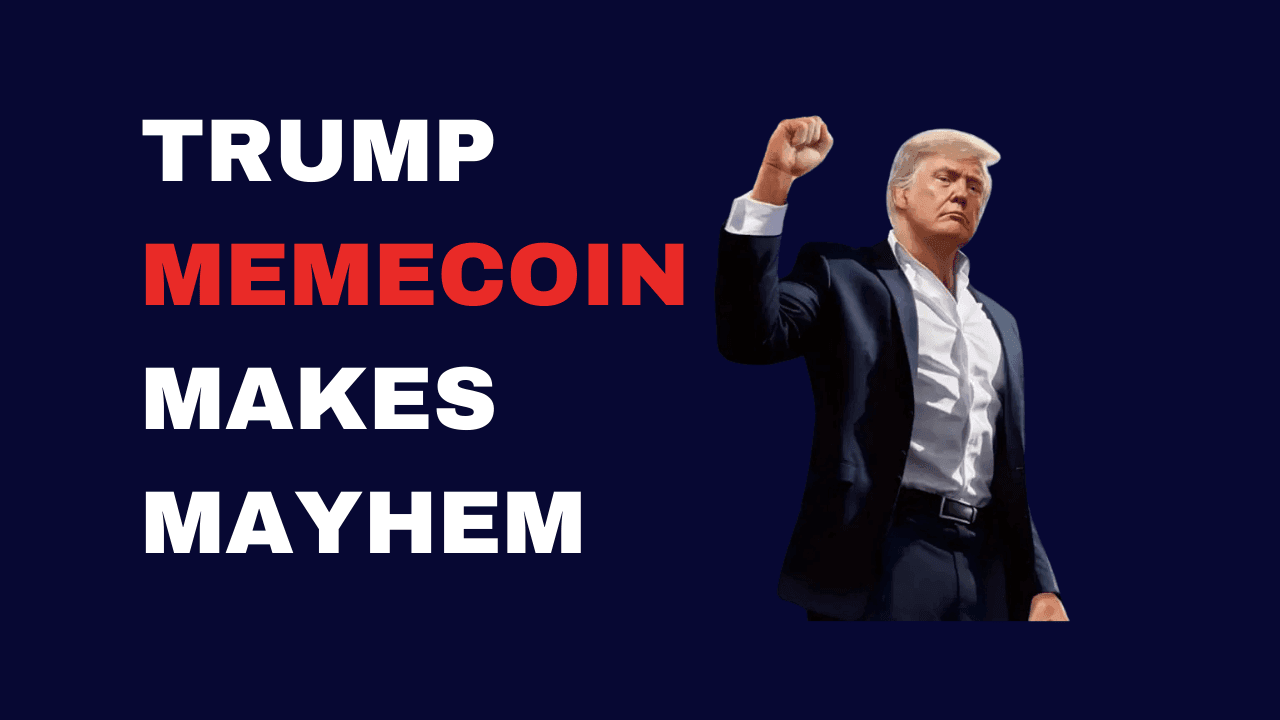As artificial intelligence (AI) continues to revolutionize industries and reshape the workforce, many are turning to Universal Basic Income (UBI) as a potential solution to the economic challenges brought on by automation. AI and UBI are at the center of the debate on how society can maintain stability and prosperity in a future where machines take on an increasing number of jobs.
One solution that has gained considerable traction is Universal Basic Income (UBI)—the idea that every citizen, regardless of employment status, would receive a regular, unconditional payment to cover basic living expenses. In an age where AI and automation threaten to displace millions of workers, UBI is increasingly seen as not just an economic proposal, but a moral imperative. In this article, we’ll explore the intersection of AI and UBI, examining whether such a policy is both viable and necessary as we navigate the uncertain future of work.
AI the Future of Work: A Double-Edged Sword
AI’s potential to revolutionize industries is undeniable. Automation is already being implemented in fields as diverse as manufacturing, healthcare, and logistics, improving efficiency and reducing costs. But with these advancements comes a darker side: the displacement of human workers. According to a study by the McKinsey Global Institute, up to 375 million workers—or roughly 14% of the global workforce—could be displaced by automation by 2030.
The rise of AI challenges a fundamental assumption we’ve held for centuries: that technological progress, while disruptive, ultimately creates more jobs than it destroys. Historically, new industries have emerged as others faded, offering new opportunities for employment. But the speed and scope of AI-driven automation are different. Machines will increasingly outperform humans not only in physical labor but in cognitive tasks as well, from diagnosing diseases to writing legal contracts. What, then, happens to the millions of workers whose skills are rendered obsolete?
This is not a dystopian fantasy. It’s a reality we are already beginning to face. And while AI will create some new jobs, there’s a significant risk that the number of jobs lost will vastly outweigh those gained. The central question is: how do we respond?
The Case for Universal Basic Income

Enter UBI, a concept that has garnered support from economists, technologists, and policymakers alike. The idea is deceptively simple: a guaranteed, unconditional payment to all citizens, designed to provide a financial safety net in an increasingly unpredictable economy. Proponents of UBI argue that it offers a way to decouple survival from employment, allowing individuals to pursue education, creative endeavors, or simply live without the constant threat of financial ruin.
The appeal of UBI in the context of AI is clear. If large segments of the population are displaced by automation, UBI could prevent mass unemployment from spiraling into social unrest. Instead of scrambling to find jobs that may no longer exist, people would have the freedom to explore new opportunities, learn new skills, or contribute to society in non-traditional ways, free from the pressure of earning a paycheck to survive.
The Moral Argument for UBI
But the case for UBI isn’t merely economic. There’s a deeper moral argument at play, one that hinges on our understanding of human dignity and fairness. In a world where AI-driven wealth generation is increasingly concentrated in the hands of a few—those who own and control the technology—the idea that a large portion of the population could be left behind raises serious ethical concerns.
The rapid concentration of wealth, coupled with widespread automation, could exacerbate already stark economic inequalities. UBI, in this context, represents a redistribution of that wealth—a way of ensuring that the benefits of AI and automation are shared broadly, rather than hoarded by a select few.
Consider the alternative: a society where millions of people are unable to find work, where economic insecurity becomes the norm for all but the most privileged, and where social unrest becomes an inevitable consequence of technological progress. UBI offers a vision of the future that sidesteps this dystopia, providing a pathway toward a more just and equitable society, even in the face of profound technological change.
Challenges and Criticisms of AI and UBI

Despite its appeal, UBI is not without its critics. The most common concern is cost: how can governments afford to provide every citizen with a basic income? Estimates vary, but implementing UBI at a national level would likely require a significant overhaul of tax systems, potentially including higher taxes on wealth and corporations. Some argue that this could stifle innovation and economic growth, creating a different set of problems.
There’s also the question of whether UBI would truly address the root causes of economic inequality, or if it would simply serve as a band-aid solution. Some critics suggest that rather than providing unconditional payments, we should focus on creating new industries and jobs that can’t easily be automated, ensuring that people remain employed and engaged in meaningful work.
But these criticisms, while valid, often fail to address the broader context: AI is not just changing the job market. It’s changing the very nature of work itself. And in a world where machines can outperform humans in almost every task, clinging to the traditional model of employment may be a fool’s errand.
The Role of AI in Implementing UBI
Interestingly, AI may not just be the cause of our economic disruption; it could also play a role in implementing solutions like UBI. AI systems could be used to optimize the distribution of basic income, ensuring that funds are delivered efficiently and securely. Moreover, AI-driven financial systems could help governments manage the complex logistics of financing UBI, reducing administrative costs and minimizing fraud.
This is not to say that AI offers a simple, one-size-fits-all solution. But in an age where technology is disrupting every facet of society, it’s worth considering how we might leverage AI to mitigate the very disruptions it causes.
Navigating the Future with Caution and Vision
The intersection of AI and UBI represents one of the most profound challenges—and opportunities—of the 21st century. As we move deeper into the age of automation, we must confront the realities of a world where traditional work may no longer be the primary means of economic survival. UBI offers a potential solution, one that ensures that the benefits of AI-driven progress are shared equitably, rather than exacerbating the divide between the rich and the poor.
But this transition will require careful planning, robust political will, and a willingness to rethink deeply ingrained notions about work, wealth, and human dignity. AI has the potential to liberate us from the drudgery of labor. But without policies like UBI, it could also consign millions to lives of economic insecurity. The question we face is not just how to manage the technological revolution—but how to ensure that it benefits all of humanity, not just the privileged few.
In this sense, UBI is not just a policy for the future—it’s a reflection of the kind of society we want to build. As AI reshapes our world, we have the power to shape its outcomes. And that, perhaps, is the most important decision of all.



